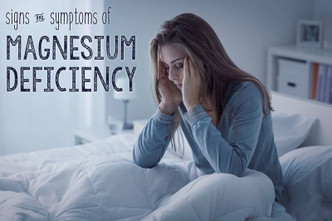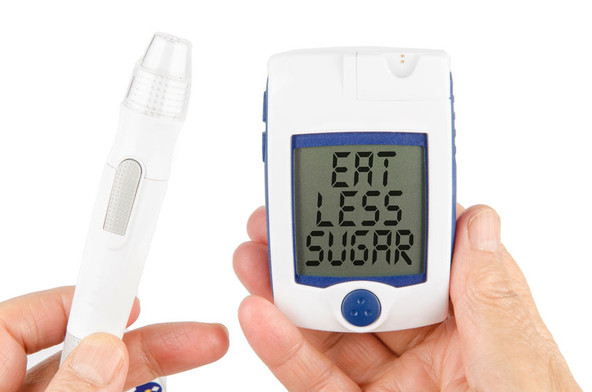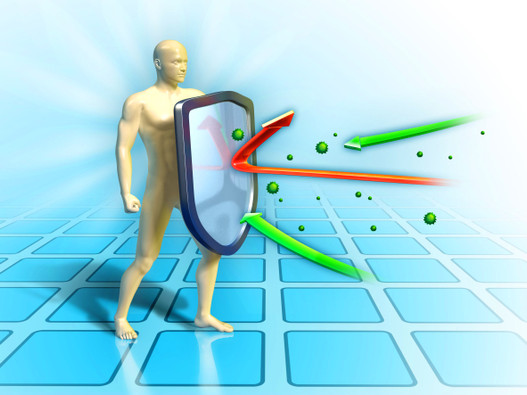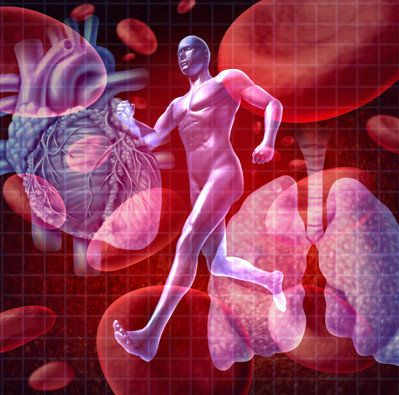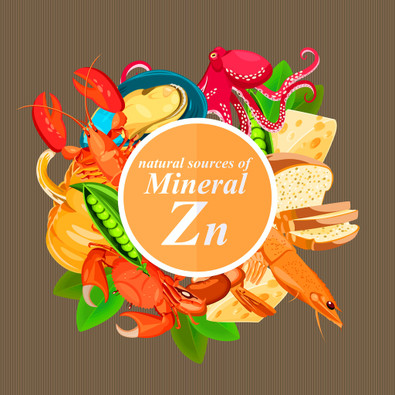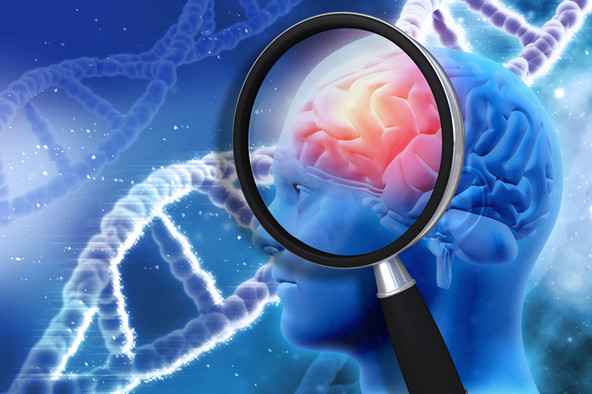Nov 3rd 2025
10 Things You Can Do Today to Improve Your Cardiovascular Health
In honor of Heart Health Month, here are 10 fairly easy things you can do today to support your heart’s health. EAT A RIPE PEACH A study done at Texas A&M found that phenolic compounds in stone fruits (peaches, plums and nectarines) have anti-obesity, anti-inflammatory and anti-diabetic properties (diabetes is a risk factor for heart disease) and may also reduce the oxidation of LDL (the “bad” cholesterol). These compounds are also antioxidants. Fruits with the deepest colors, at peak ripeness, have the most antioxidants. EAT AN OUNCE OR TWO OF NUTS An analysis of data from almost 120,000 men and women followed up to 30 years found that those who ate the most nuts had the least risk of dying from several diseases, including heart disease. DRIZZLE SOME BALSAMIC VINEGAR ON YOUR SALAD Acetic acid in vinegar has been shown to normalize blood pressure in rats and to inhibit oxidation of cholesterol in humans. EAT BREAKFAST In various studie…
read more Fuel your life with the purest vitamins
Fuel your life with the purest vitamins

